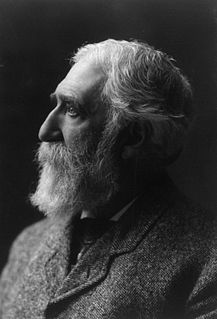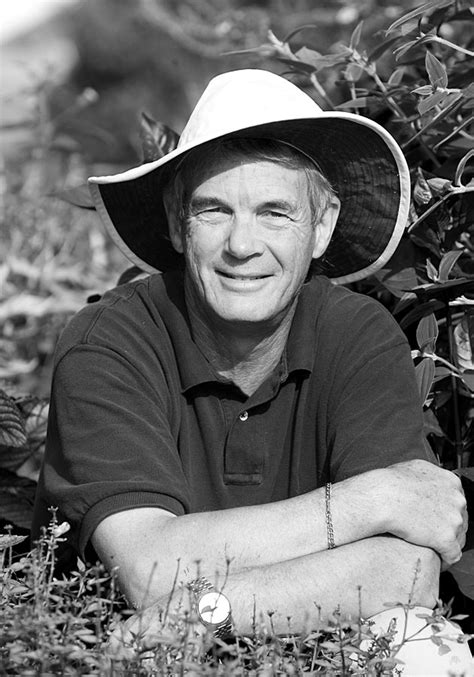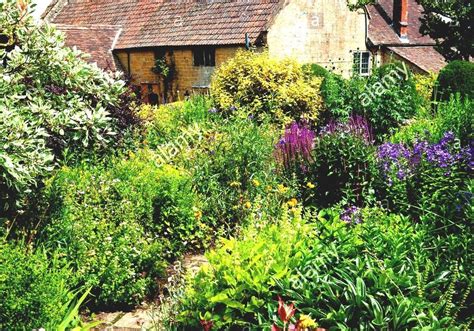A Quote by Charles Dudley Warner
The principal value of a garden is not understood. It is not to give the possessors vegetables and fruit (that can be better and cheaper done by the market-gardeners), but to teach him patience and philosophy, and the higher virtues - hope deferred, and expectations blighted, leading directly to resignation, and sometimes to alienation.
Related Quotes
I think gardening is nearer to godliness than theology. True gardeners are both iconographers and theologians insofar as these activities are the fruit of prayer 'without ceasing.' Likewise, true gardeners never cease to garden, not even in their sleep, because gardening is not just something they do. It is how they live.
There are many tired gardeners but I've seldom met old gardeners. I know many elderly gardeners but the majority are young at heart. Gardening simply does not allow one to be mentally old, because too many hopes and dreams are yet to be realized. The one absolute of gardeners is faith. Regardless of how bad past gardens have been, every gardener believes that next year's will be better. It is easy to age when there is nothing to believe in, nothing to hope for, gardeners, however, simply refuse to grow up.
The Bible says the fruit of the spirit is longsuffering. I'll tell you one thing about fruit: you will never see a fruit factory. Isn't that right? You see a shirt factory, but you see a fruit orchard. You see, there is no fruit without life. You cannot manufacture patience. The fruit of the Spirit is patience.
We underestimate the value of patience. It is possible that people might sometimes interrupt our meditation sessions or Dharma study, but they can never take away our opportunity to train in inner virtues such as patience. It is this mental training, rather than outer virtuous activities, that is the essence of Dharma practice.
I never think in terms of alienation; it's the others who do. Alienation means one thing to Hegel, another to Marx and yet another to Freud; so it is not possible to give a single definition, one that will exhaust the subject. It is a question bordering on philosophy, and I'm not a philosopher nor a sociologist. My business is to tell stories, to narrate with images - nothing else. If I do make films about alienation - to use that word that is so ambiguous - they are about characters, not about me.
One of the most delightful things about gardening is the freemasonry it gives with other gardeners, and the interest and pleasure all gardeners get by visiting other people's gardens. We all have a lot to learn and in every new garden there is a chance of finding inspiration - new flowers, different arrangement or fresh treatment for old subjects. Even if it is a garden you know by heart there are twelve months in the year and every month means a different garden, and the discovery of things unexpected all the rest of the year.
Man designs for himself a garden with a hundred kinds of trees, a thousand kinds of flowers, a hundred kinds of fruit and vegetables. Suppose, then, that the gardener of this garden knew no other distinction between edible and inedible, nine-tenths of this garden would be useless to him. He would pull up the most enchanting flowers and hew down the noblest trees and even regard them with a loathing and envious eye. This is what the Steppenwolf does with the thousand flowers of his soul. What does not stand classified as either man or wolf he does not see at all.







































